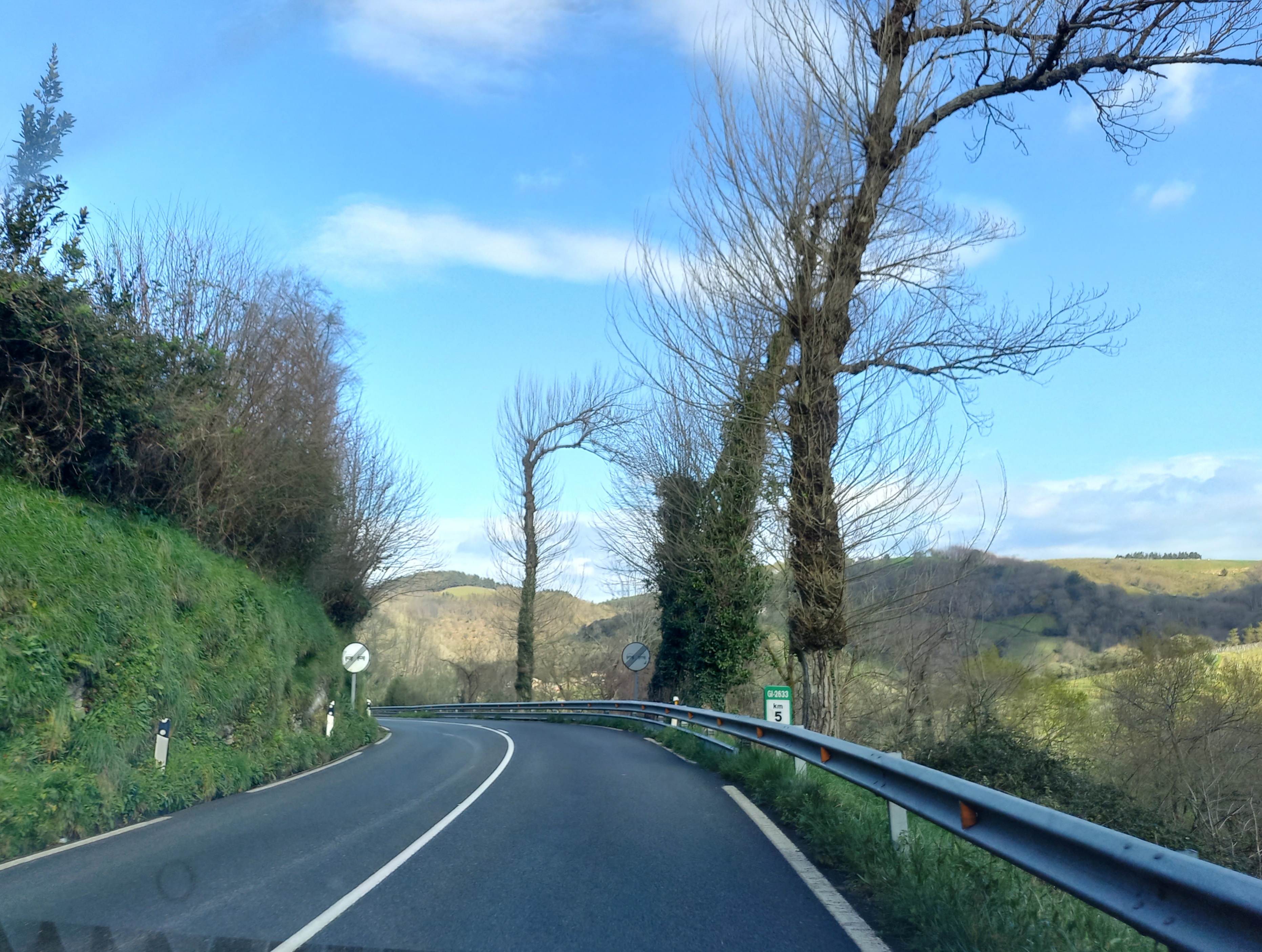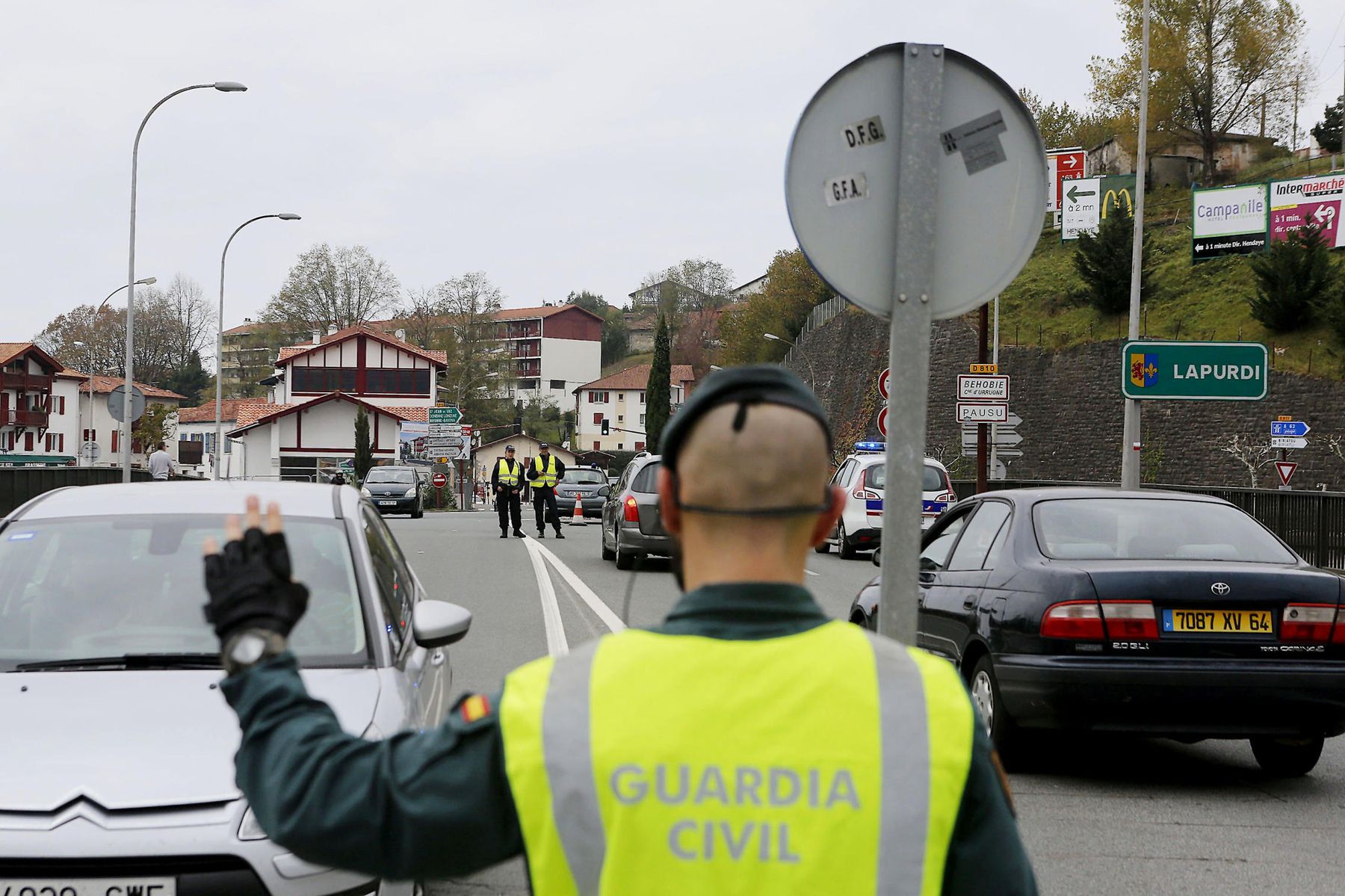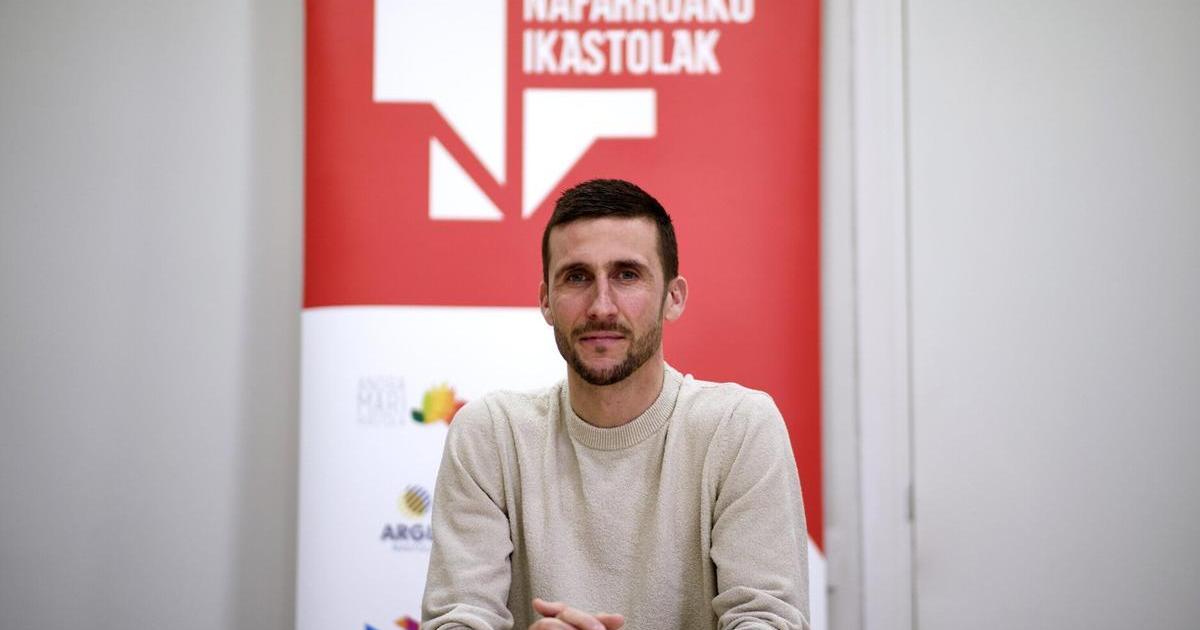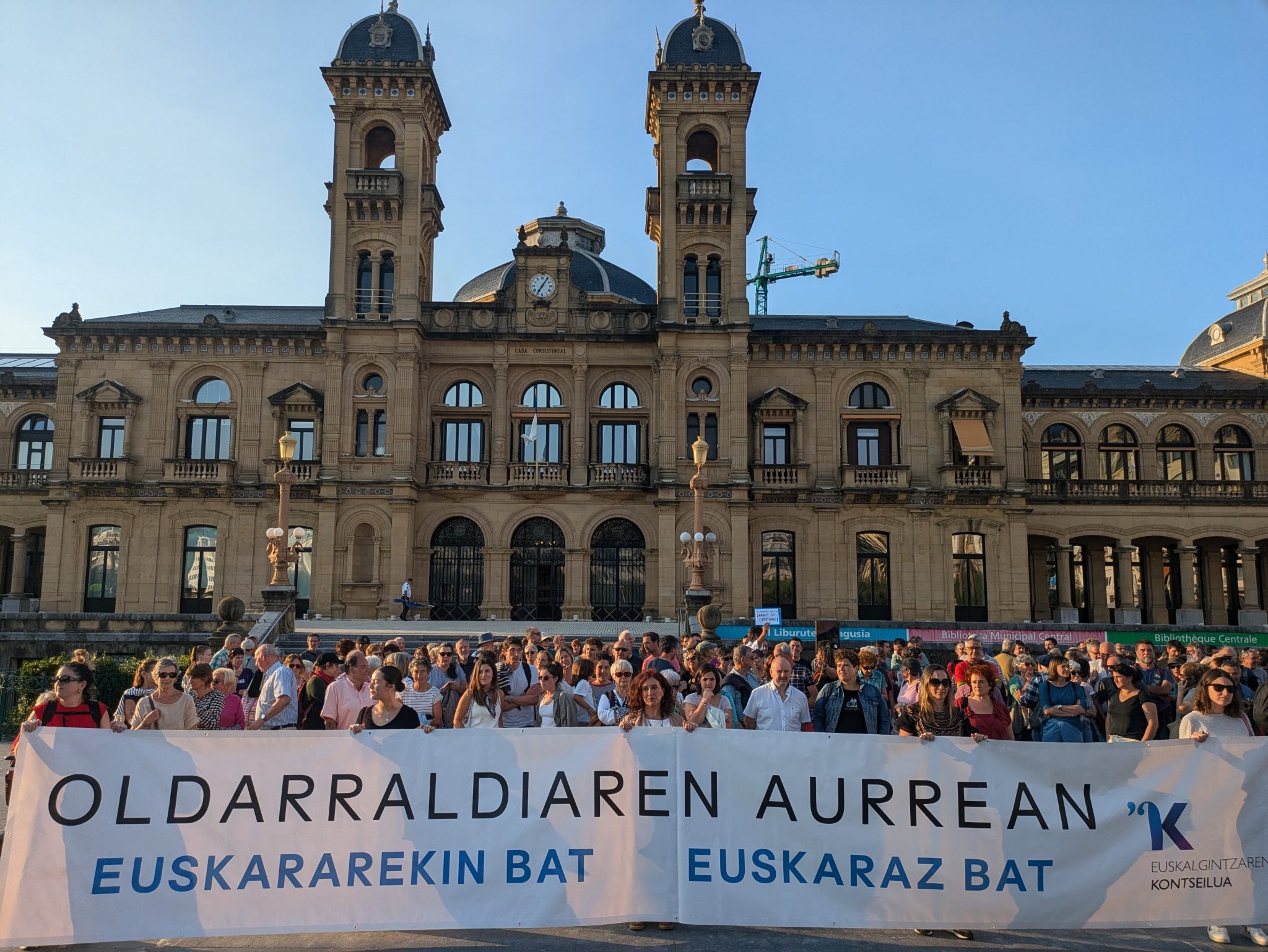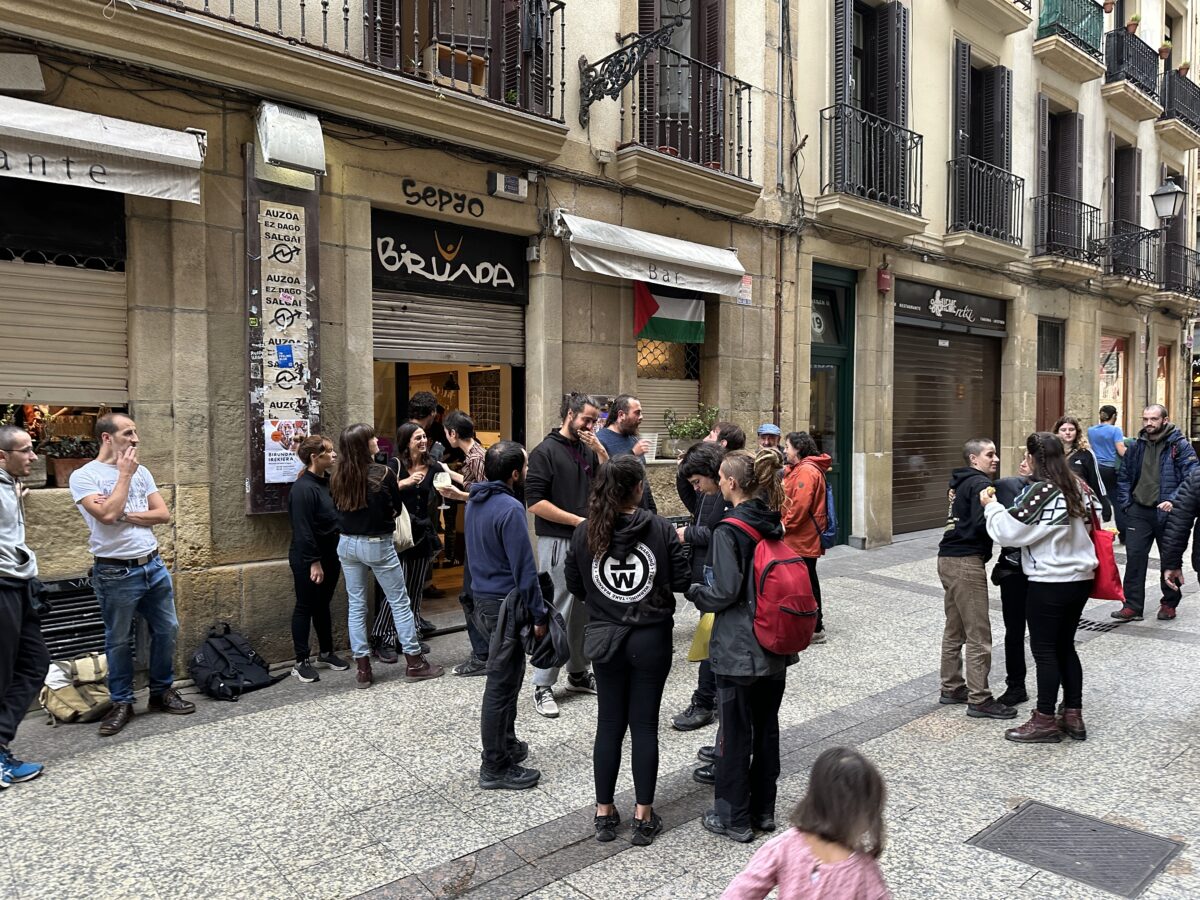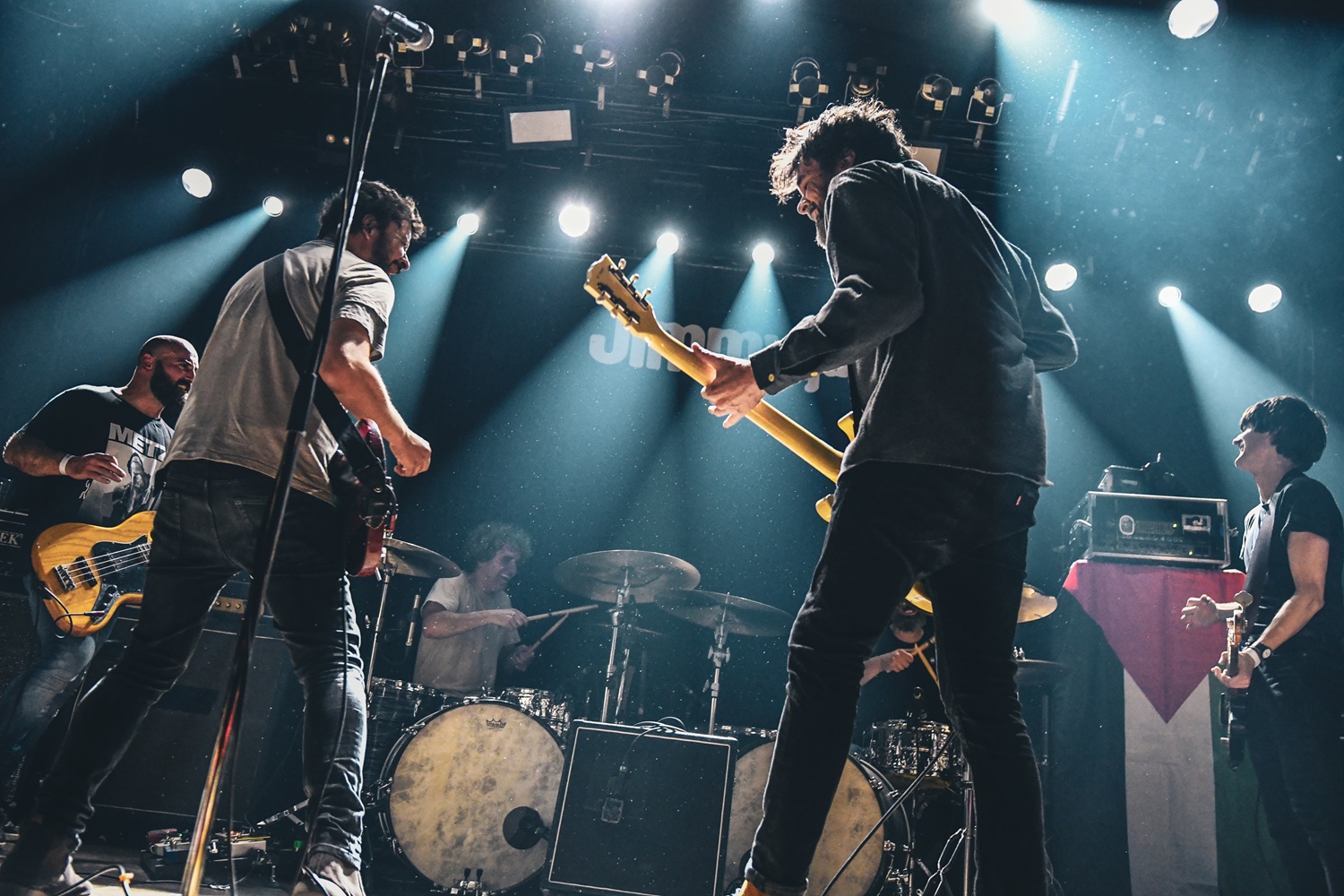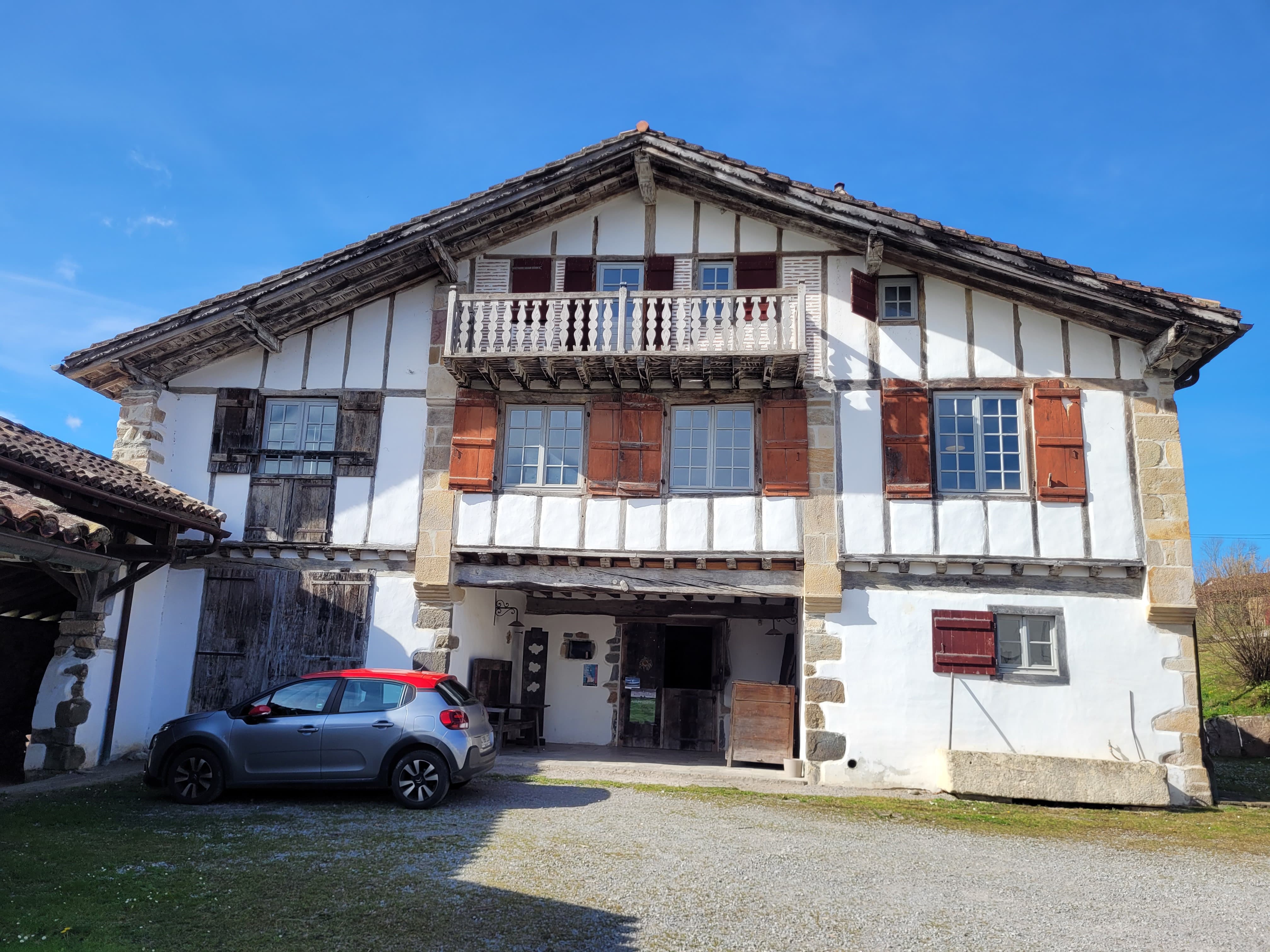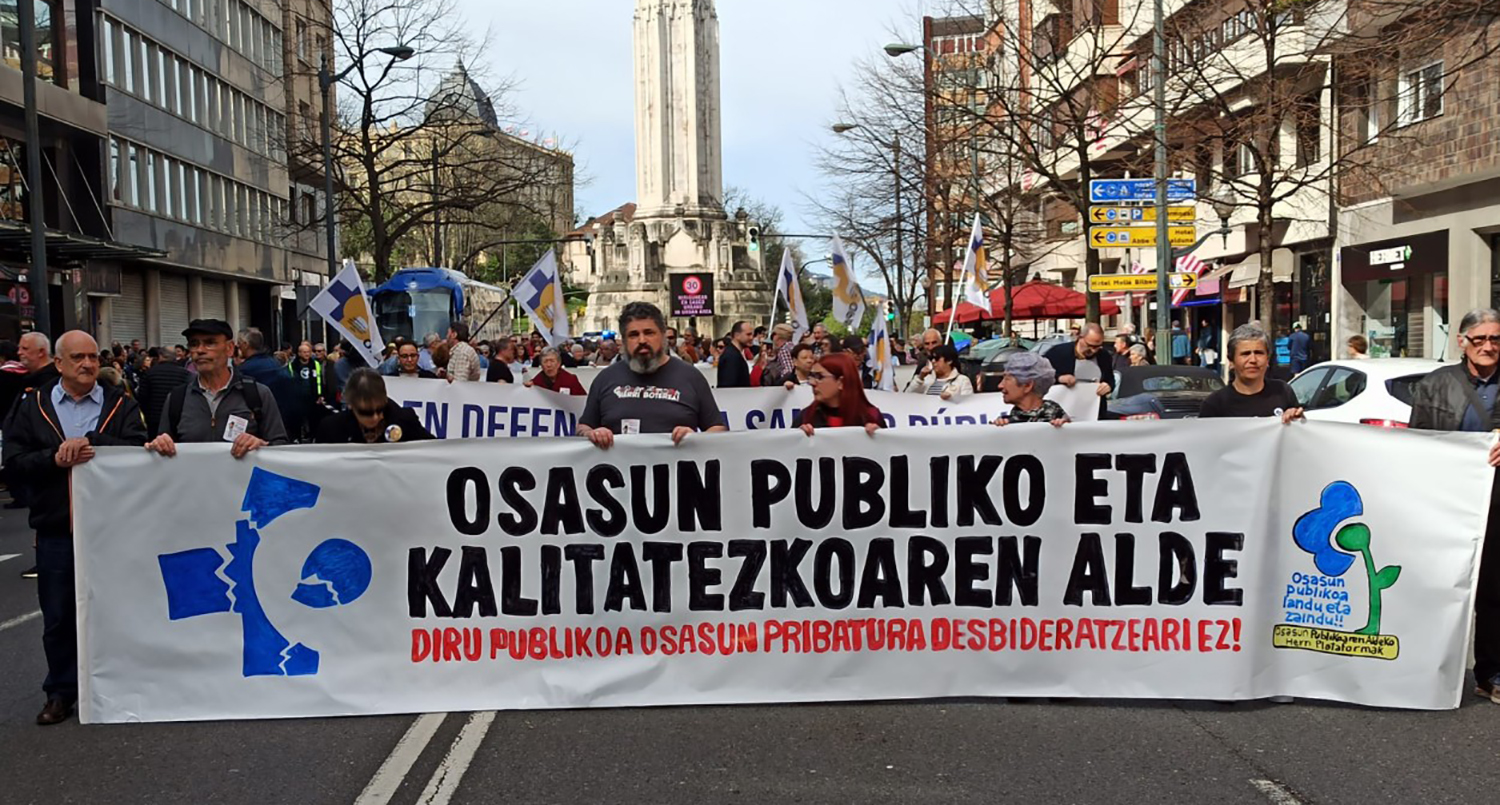Fighting for a free Libya
- Benghazi was the first city in eastern Libya to be conquered by Muammar al-Gaddafi’s opponents during the February uprising. The local rebels, known as the shebab, stand and fight. We have been with them in order to know how they face the rough day and how they look to the future.
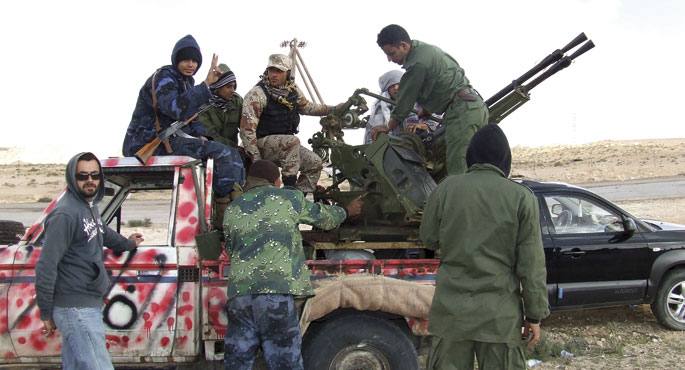
“Emisi shabab, demeshuadad” (we will not forget the blood of our martyrs). This is one of the most heard screams at the funerals that take place almost every day in the Benghazi Courthouse Square. After 45 minutes with the eleven teenagers who carry their friend Mohammed’s body, it becomes difficult not to join their cries. Most of those who make their way from the rebel headquarters to the cemetery will not be more than 30 years old. Not those who carry wooden boxes, nor those who go inside the coffins. They all go between screaming and crying, and they shoot in the air. The young Shebabs, who form the basis of the rebellion against Muammar al-Gaddafi, have become accustomed to living with death since they first took to the streets on 17 February. They're not guerrillas, they're demonstrators with guns. They know that they are fighting for freedom, even though no one has explained to them exactly what that is. That’s why they have to resort to simple rudders and postmodern jokes. In addition, the shebabs have also gathered around the shebabs who have found an excuse in the war to consider themselves important.
Mohammed's friends are only capable of saying one thing: “Allahu akbar” (great is God). No one understands English even from tú and it is not enough that we, two foreigners, have been allowed to enter the private space where they can express their mourning. “Gaddafi, donkey, Gaddafi crazy” are the arguments they use. They don’t want to think too much about the conditions that have caused their friend’s death. Mohammed, along with four other rebels, died at the gates of the city of Brega. They managed to expel Gaddafi's troops, but one of the Shebabas, who was going to be warmed up, decided to fire in the air with the anti-avionics battery to celebrate the victory. The NATO raids, the ones that helped them move forward, thought it was some kind of pro-regime group and dropped bombs on the rebel zone. Together with Mohammed, General Jumal Abdelhakim Jheili, Officer Khaled el-Kaliki and ambulance driver Salah al-Auadi also died.
“The truth is that my only goal is to bring freedom and democracy to this country,” says Munir Adris. The 22-year-old has always lived on Istanbul Street in Ajdabiya, which has become an eastern border that Gaddafi’s troops cannot cross. Like many, he worked in oil wells and never took up arms. Now, however, with the struggle, he leads the brigade to protect the same street that he had as a child from the attacks of the Libyan Army. “I’m here from the beginning, since Gaddafi attacked us with heavy artillery and we managed to expel his supporters,” he explains. His words flow without hindrance when he recounts the guerrilla advances, but he finds it difficult to act on post-Gaddafi Libya. In the military sphere, this ignorance is paid with life, as in the case of Mohammed. In territories freed from the regime’s control, this lack of preparation makes them possible victims of the neoliberal agenda of the elites of the National Transitional Commission that has gained authority.
“Gaddafi has been in power for 42 years. There was no media, no freedom, no justice, no work, no money. It was all Gaddafi. It was all a dictatorship.” Rafe Shrif, 24, summed up the Shebab ideology: few proposals and a long list of complaints about injustices. However, this young man from Tobruk, who spends his nights painting the city’s police station with his friends, hopes that the rebellion will be “the beginning of a new life”. It is perhaps true that the economic interests of the members of the Commission do not coincide with the desire for freedom of young people like Shrif. But who would want to deprive him of the opportunity to say what he wants without running the risk of being arrested at night for the first time?
Faces of the insurgents
Who are these rebels? Here are some of the ones we saw: Nareman, a student of Statistics who we have seen participating in a demonstration in Benghazi and who has highlighted that Gaddafi’s clothing is freaky. Mustafa, the fat bearded man who criticizes the dissipation of bullets by the young people of Tobruk. Ualid, the classic shebab with the Kalaxnikov adorned with the flag of three colors and living in the desert when the rebellion began. They all share the same idea, an idea full of innocence: To dispel the fear that it would be enough to expel the general fortified in power for 42 years. But they have encountered tanks and violent repression. Because of this, they have had to take Gaddafi’s caserns and enroll in a fast urban guerrilla course.
Some contradictions are obvious. “This is a war for religion and freedom,” emphasizes Dr. Yasser Mohammed. He has just buried his brother Muntar, who died in Ajdabiya, and says that “until Gaddafi leaves” he will not shave. Libyan society is very traditional, and young people combine the values of Islam with the aesthetics of polygons. To all this must be added the intervention of NATO. Paradoxically, when they look at the sky, the shebabs do not only seek the protection of Allah. They also pray for the Allied surions, which accompanied the ruler to the first houses of Benghazi zenean.Tradizionalak, but not the extremes. This, however, is difficult to convey to the American people, who have put bombs and beards in the same sack for many years. “We are not from Al-Qaeda. We just want freedom,” says Munir Ohman of Benghazi. He's not an educated person, but he's not naive. “NATO has its own agenda, we are not their concern.”
Not everything on the youth front is bucolic idealism. War is a great opportunity to see all kinds of fuckers. For example, Ahmed, who drives a white Toyota that comes from Jalo – a land located 400 kilometers south of Benghazi in the desert – and is full of paintings of revolutionaries’ messages. He has never studied, never worked, and never wanted to explain where he got the car. He has not even explained to us where he has obtained the machine gun that runs through every corner of Libya except in the front, where he should be. “Give me the gun,” he asks his brother when he arrives by car in the Ajdabiya neighborhood. Put it in the window so everyone can see it. When he leaves the city, he puts it back in storage, with the cannon facing the seat. For his part, Mohammed likes to wander around the battlefield in an elegant military uniform, wearing Dolce & Gabanna fake glasses. For him, the front is a showcase. He constantly smokes the pores and, immediately after waking up, he throws cologne and gummy on his head. The flow of speech is interrupted, a sign that he is drunk.
In the absence of political discourse, videos mocking Muammar al-Gaddafiz have become one of the ideological bases. For example, the colonel’s first speech saying he would persecute all opposition members “from street to street, from metro to metro” has been followed by Shakira’s music by young people and transformed “waka waka” into a war hymn. At the same time, don’t forget Adel Mashati’s revolutionary hymn “We Will Stay Here”, which is constantly heard in the Benghazi Courthouse Square.
Tunisia has a street vendor, Mohammed Bouazizi, who set himself on fire in Sidi Bouzid. Egypt’s blogger Uael Ghonim suffered the repression of Mubarak. In Libya, they have a lawyer, Fathi Terbil, who represents the families of the 1,200 prisoners who were killed in Abu Salim Tripoli prison. Like the Tunisians or the Egyptians, the shebabs want freedom. But they've been put into a war that doesn't seem to end in the short term. Life will no longer be the same for Mohammed, Munir, Rafe or Ahmed; they have only one concern now: to survive.
Goizean jaiki orduko hasten dira desegokitasunak. Beharbada lotarako erabili duzun lastaira ere ez zen egokiena. Baina, ezin ba idatzi desegoki sentiarazten nauten guztiez. Horregatik, udaberriko ekinozioa –egunaren eta gauaren arteko oreka– dela eta, oraindik ere,... [+]
Guardia Zibilaren historia bat - Hemendik alde egiteko arrazoiak izenburupean, datorren astean argitaratuko dugun 305. LARRUN aldizkariaren pasarte batzuk dira ondorengoak, erakunde armatuaren sorrera garaietan girotutakoak.
Rosa Zarra Ertzaintzaren pilotakada baten ondorioz hil zela da Eusko Jaurlaritzako Poliziaren Biktimen Balorazio Batzordeak atera duen ondorioa, Berria-k jakinarazi duenez. Orain arte, Ertzaintzak beti egin dio uko bertsio horri, eta Rosa Zarra berak zuen gaixotasunaren ondorioz... [+]
Nafarroako Ikastolen Elkarteak lehendakari berria du. Oier Sanjurjok hartu dio lekukoa Elena Zabaleta Andresenari. Beste zazpi kide izanen ditu alboan Sanjurjok.
ELA sindikatuak azaldu duenez, azken Lan Eskaintza Publikoaren oinarrien arabera, Ertzaintzarako eskainitako lanpostuen %20ak eta Udaltzaingoaren %30ak ez daukate euskara-eskakizunik. Gasteizen, adibidez, udaltzain-lanpostuen erdietan, 24tan, ez dago euskara-eskakizunik.
Ustez, lokalaren jabetza eskuratu dutenek bidali dituzte sarrailagileak sarraila aldatzera; Ertzaintzak babestuta aritu dira hori egiten. Birundak epaiketa bat irabazi du duela gutxi.
Inoren Ero Ni + Lisabö
Noiz: martxoaren 14an.
Non: Gasteizko Jimmy Jazz aretoan.
----------------------------------------------------
Izotz-arriskuaren seinalea autoko pantailatxoan. Urkiola, bere mendilerro eta baso. Kontzertuetara bideko ohiko errituala: Inoren... [+]
Euskalgintzak Senpereko Larraldea etxea faltan botako du. Uda gabe, Bertsularien lagunak, bertan gelditzen den azken elkarteak, lekuz aldatuko du eta etxea hetsiko dute. Euskararen, euskal kulturaren eta arteen ohantzea izan da Larraldea, urte luzetan Andoni Iturrioz mezenasak... [+]
Berrogei urte dira Euskal Herrian autismoaren inguruko lehen azterketak eta zerbitzuak hasi zirela. Urte hauetan asko aldatu da autismoaz dakiguna. Uste baino heterogeneoagoa da. Uste baino ohikoagoa. Normalagoa.
Txinparta izeneko prozesua Martxoaren 21ean hasiko da eta urte bete iraungo du. "Udaberriaren hasierarekin batera proiektu herritar berri bat" aurkeztu nahi dutela adierazi dute.
PP, Vox, Junts eta EAJren botoekin Espainiako Kongresuak onartu du otsoa espezie babestuen zerrendatik ateratzea eta, horren ondorioz, berriz ehizatu ahal izango dute Duero ibaitik iparrera.
Itxaron zerrendak gutxitzeko Osasunbideak hartutako estrategiak gaitzetsi ditu Plataformak











